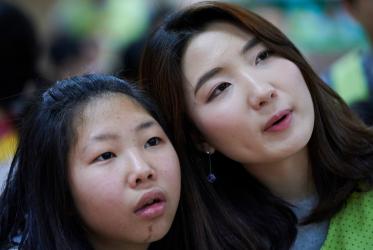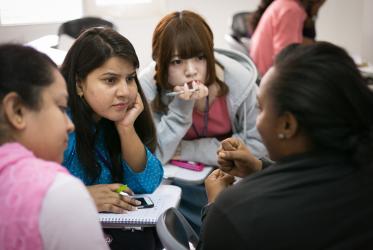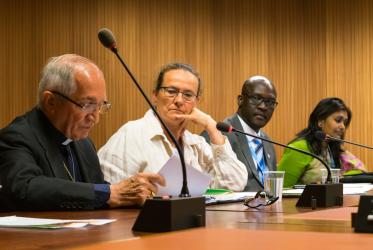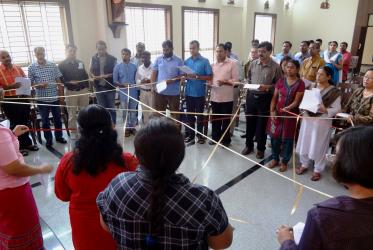Displaying 1 - 12 of 12
A passionate Korean feminist and ecumenist
21 August 2019
Plans for 2017 decided by WCC Executive Committee
01 December 2016
Indian churches reflect on the WCC assembly theme
26 August 2013







